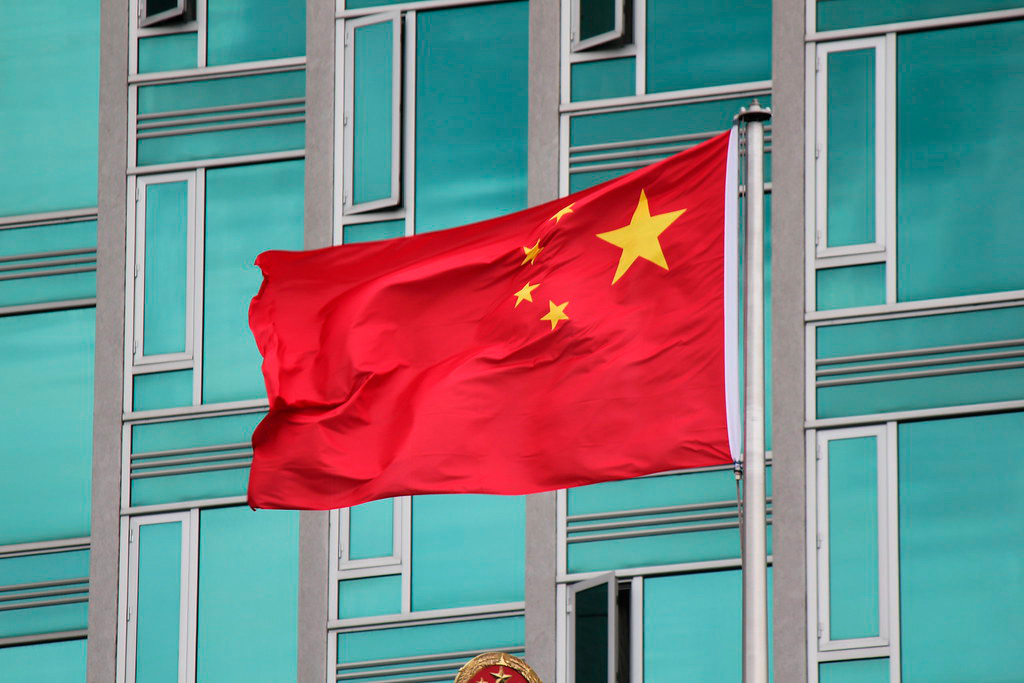Foreign companies are in a difficult situation as China’s new anti-espionage law came into effect on Saturday, Nikkei Asia reported.
The leaders of the two largest business groups in China for overseas companies said that implementation of the hazily defined legislation will further shake business confidence that has already been rocked by geopolitical tensions between Beijing and Washington, as per Nikkei Asia.
President of the European Union Chamber of Commerce in China, Jens Eskelund in an interview with Nikkei Asia asked: “What is it that we are supposed to comply with? “What constitutes a state secret? What kind of information [is it] that we are not supposed to have?”
China’s revised Anti-Espionage Law is aimed at strengthening China’s national security, as provided for under the original law adopted in 2014.
The revision expands the scope of targets for espionage to “all documents, data, materials and articles,” and allows law enforcement officials to inspect the baggage, electronic devices and property of a suspect.
This increases the risk for businesses, which are already subject to similar laws, such as the Data Security Law and National Security Law.
President of the American Chamber of Commerce in China, Michael Hart, said: “AmCham companies want to follow the laws. [But] if normal business activity gets reclassified, that’s where people are concerned.”
In particular, the vague criteria for identifying individuals carrying out suspected espionage activities” may result in a higher degree of uncertainty for businesses, the international law firm Morgan Lewis warned in a May report, as per Nikkei Asia.
The Chinese economy’s recovery from the COVID pandemic has been wobbly, pushing the government to cut interest rates in hopes of boosting spending as business activity and real estate sales contracted in the first five months of the year.

